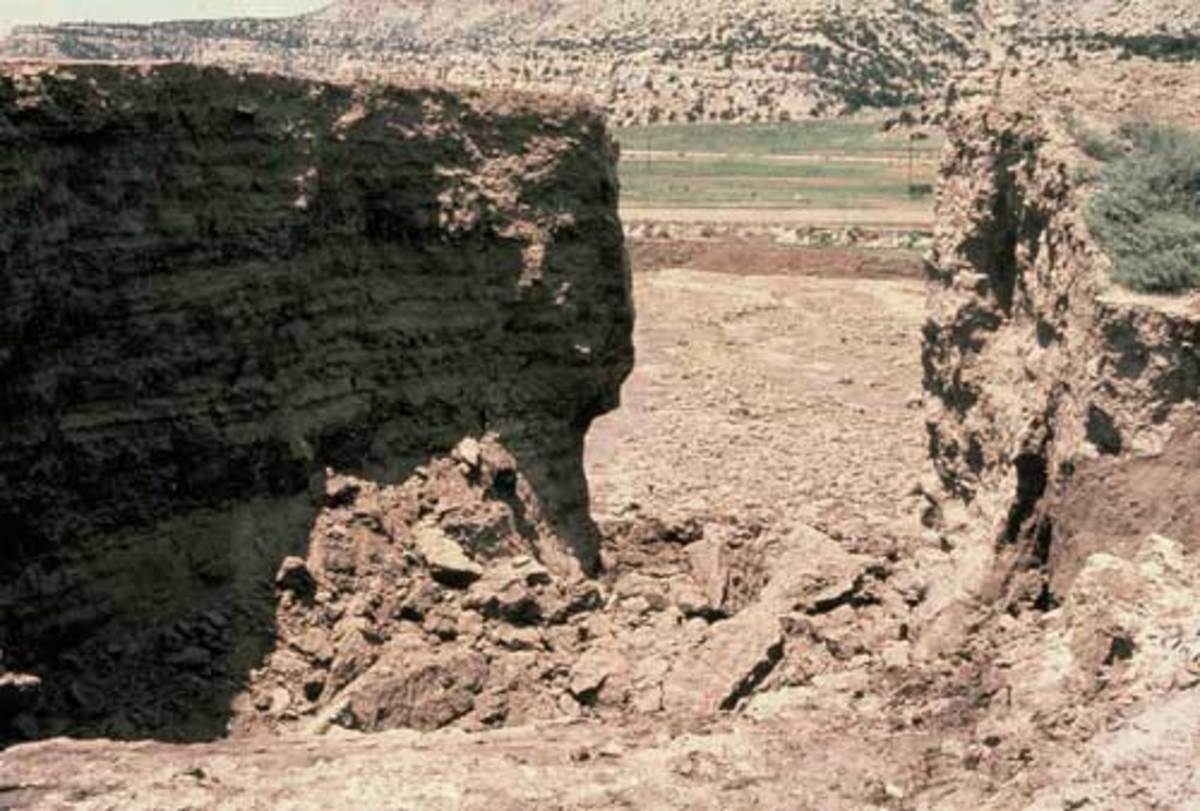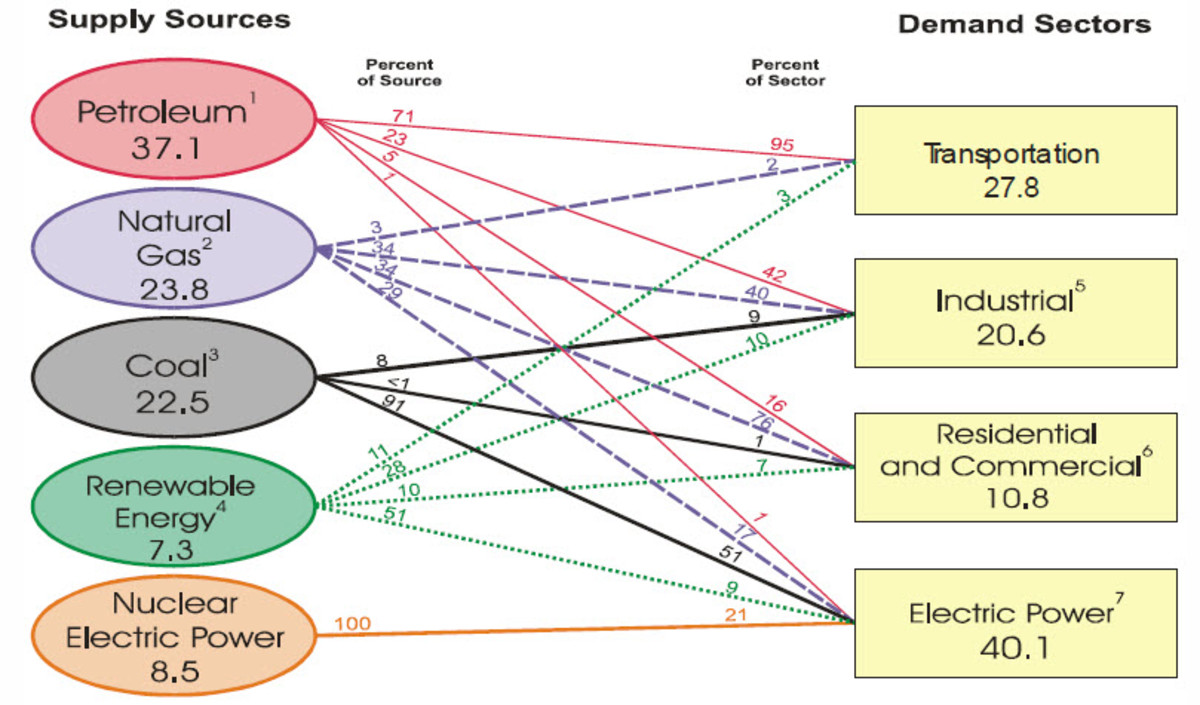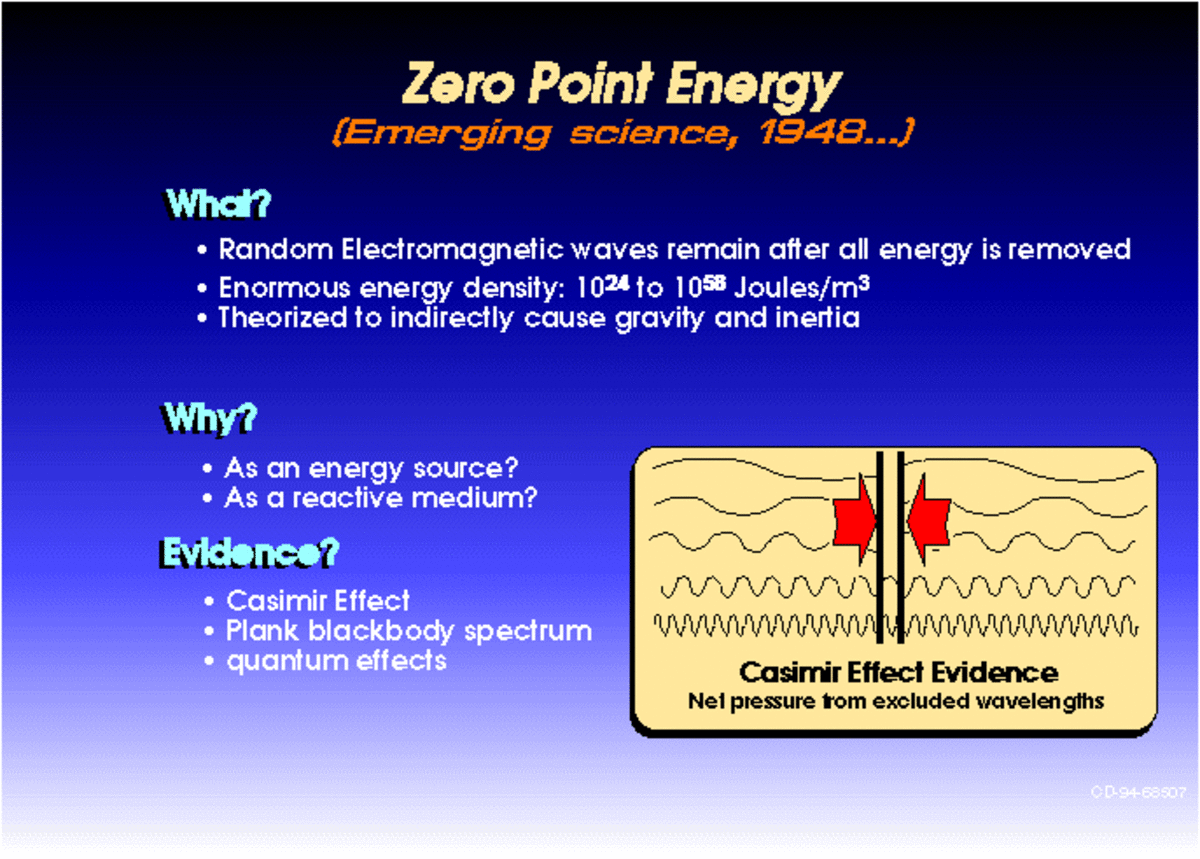Thorium: The Key to Solving Our Energy Crisis
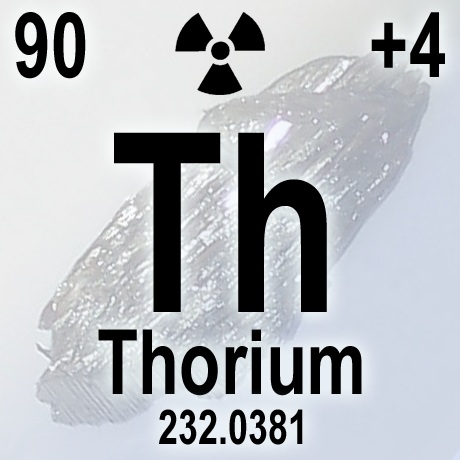
It is projected that by 2050, there will be over 9 billion people inhabiting this planet. Combine this with the fact that many countries are quickly becoming industrialized and you'll soon realize that our future energy needs will likely make what we use today look like a drop in the bucket. While there are many sources of alternative energy, none can match the massive energy output of a traditional nuclear power plant (104 plants in the USA supply nearly 2% of its required power). Even so, the many nuclear disasters of the past, including the 2011 disaster in Japan, have put our future dependence on nuclear energy in question. So perhaps it is time to look to a new technology to power our future: Thorium.
What's So Great About Thorium?
Thorium is a naturally radioactive substance that is more abundant than Uranium. It is a silvery-white metal that is soft and ductile. It can be rolled into sheets or drawn into wires. With a half-life of 14.05 billion years, Thorium-232 is the most common isotope found in nature.
Thorium has many advantages over traditional uranium when used in a nuclear reactor. Although thorium is not a fissile substance, it is practically ready to use right out of the ground. It does not have to go through an enrichment process like mined uranium does. The thorium fuel cycle requires a priming substance to start the reaction, but produces about 1% of the radioactive waste that traditional uranium reactions do and results in a much safer nuclear process.
The use of thorium is safer than uranium because uncontrolled chain reactions cannot occur (e.g. no melt downs). To sustain a thorium reaction, a constant bombardment of neutrons is necessary. If the power gets cut off, the nuclear reactions stop immediately. Had the Fukushima-Daiichi plants in Japan been Thorium power instead of Uranium, we would not have experienced the type or magnitude of nuclear disaster that we did in the tsunami of 2011.
TED - Kirk Sorensen on Thorium
Thorium plants would not produce CO2 emissions either. Thorium also has been shown to be able to produce more power than a traditional uranium nuclear power plant and at an overall lower cost. It has even been speculated that thorium could be cheaper than coal. Oh, and did I mention that Thorium fuel may be able to be used in many of the existing nuclear plants that we already have and that the thorium reaction can even burn up old nuclear waste? Yes it's true, Thorium can deliver the promise that Uranium never could.
The benefits of utilizing Thorium to power our future cannot be understated. In addition to these benefits, The Thorium Energy Alliance (TEA) has stated that there is enough of this substance in the United States already to sustain our energy needs for more than 10,000 years. Its important to note that the USA has an estimate 15% of the world's supply of Thorium, second only to Australia.
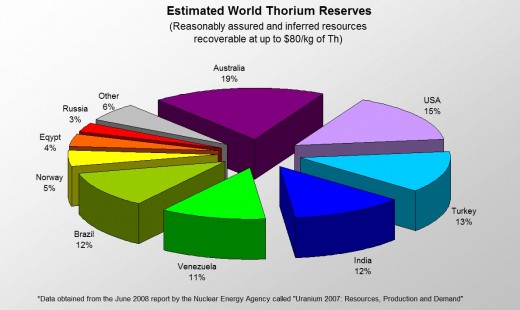
Is Thorium Too Good to be True?
Is there a downside to using Thorium? Maybe, but perhaps only a few minor ones. In 2009 scientists and experts representing the Institute for Energy and Environmental Research and Physicians for Social Responsibility probed this very question. At the conclusion of their research, they published a "fact sheet" outlining their position on the subject.
This so called fact sheet listed several major reasons why this organization felt that thorium was not actually a feasible cure-all for our energy needs. Among these reasons, they cited such things as the inefficiency of the thorium reaction, the risk of creating and diverting weapons grade material, and the health dangers of many of the components in the thorium process.
Since that fact sheet was distributed in 2009, there have been many rebuttals of their claims, including a very detailed one posted on the Energy From Thorium Website (see references below). In the end though, the scientific community essentially agrees that thorium is all that its cracked up to be. Aside from the inherent health dangers of radioactive materials, it seems that there really isn't a major downside to using Thorium.
Well, Why Aren't We Using Thorium Already?
With all the benefits of thorium, why hasn't there been much support for it? Mostly the issues with thorium revolve around the politics of the subject. Part of the issue seems to be political support for other forms of renewable energy such as solar. Additionally, the general public is still misinformed when it comes to nuclear energy. As much as 64% of the public say that they don't support new nuclear technology. Unfortunately, this sad fact is likely due in part to the many accidents that have occurred in our history as well as the media and political induced fear of nuclear weapons. But perhaps now that China has started building its own thorium plants, the political wind may turn the other direction. Regardless of the perception, you can't ignore that fact that thorium really is a viable alternative to power our future.
References and Resources
Cavin Dish Science. Thorium: Is It the Better Nuclear Fuel? 2011. <http://cavendishscience.org/bks/nuc/thrupdat.htm>
Dean, Tim. New Age Nuclear. April 2006. <http://www.cosmosmagazine.com/node/348>
Energy From Thorium. Sorensen Rebuttal of IEER/PSR Thorium Paper. March 23, 2011. <http://energyfromthorium.com/2011/03/23/sorensen-rebuttal/>
Kiger, Patrick J. Is this a Good Idea? Thorium Nuclear Reactors? April 8, 2011. <http://blogs.discovery.com/good_idea/2011/04/is-this-a-good-idea-thorium-nuclear-reactors.html>
The Telegraph. Safe Nuclear Does Exist, and China is Leading the Way with Thorium. March 20, 2011. <http://www.telegraph.co.uk/finance/comment/ambroseevans_pritchard/8393984/Safe-nuclear-does-exist-and-China-is-leading-the-way-with-thorium.html>
The Weinberg Foundation. What is Thorium. 2011. <http://www.the-weinberg-foundation.org/learn/thorium/>
Thorium Energy Alliance. Objectives, Needs, and Next Steps. November, 2011 <http://www.thoriumenergyalliance.com/ThoriumSite/objectives.html>
World Nuclear Association. Thorium. November 11, 2011 <http://www.world-nuclear.org/info/inf62.html>


